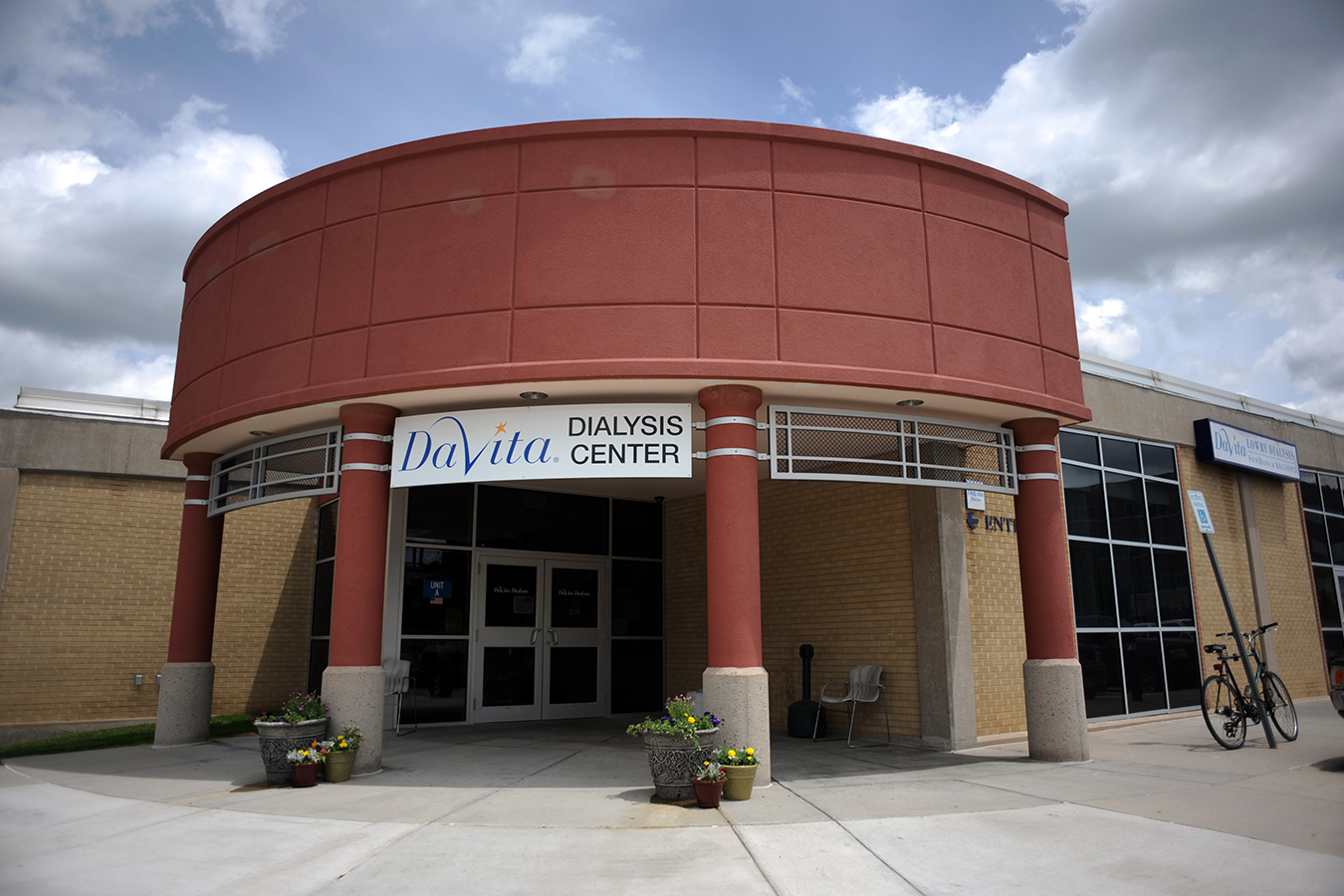The Delicate Issue Of Taking Away A Senior’s Smartphone
Knowing when — and how — to limit a loved one’s access to digital devices is akin to taking their car keys.
In Search Of Age-Friendly Health Care, Finding Room For Improvement
Simple alterations — like better signs, seating, parking or door design — can make it easier for older patients to navigate health care facilities. Here are several changes doctors’ offices, clinics and hospitals could make.
Qué pueden hacer hospitales y consultorios para que los adultos mayores estén más seguros
Para los adultos mayores, especialmente para los que son frágiles, los centros médicos pueden ser difíciles de navegar y, a veces, hasta peligrosos.
Feds Pave The Way To Expand Home Dialysis — But Patients Hit Roadblocks
What changes are needed to bring home dialysis to more patients — especially older adults, the fastest-growing group of patients with serious, irreversible kidney disease? We asked nephrologists, patient advocates and dialysis company officials for their thoughts.
What The Trump Home Dialysis Plan Would Really Look Like
It takes more than an executive order to shift kidney disease patients from dialysis centers to home care. These patients show it takes discipline, skill, will and support.
La charla que tienen que tener los adultos mayores con sus médicos antes de una cirugía
Muchas veces los médicos no hablan con sus pacientes y familiares sobre los riesgos potenciales y las complicaciones que se pueden presentar durante o después de una intervención.
The Talk Seniors Need To Have With Doctors Before Surgery
Surgeons are rethinking the old notions of “informed consent.” With older patients especially, a push is on to talk candidly about what a surgery will do, its risks and how it will affect their quality of life.
Medicamentos comunes pueden generar síntomas similares a los de la demencia
Se estima que 1 de cada 4 adultos mayores toma medicamentos anticolinérgicos, una amplia gama de drogas utilizadas para tratar alergias, insomnio, incontinencia urinaria, mareos, asma y Parkinson, entre otros.
Common Medications Can Masquerade As Dementia In Seniors
A wide variety of medications used to treat allergies, insomnia, leaky bladders, diarrhea, dizziness, motion sickness, asthma, Parkinson’s disease, chronic obstructive pulmonary disease and psychiatric disorders can interfere with cognition in older patients.
More Seniors Are Dying In Falls. Doctors Could Do More To Reduce The Risk.
Doctors should assess older adults for the risk of falling, come up with individualized plans and refer seniors to physical therapists, occupational therapists and evidence-based programs.











